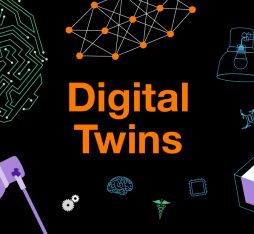ICO
An ICO (Initial Coin Offering) is an online method for raising funds, which enables private individuals and businesses, with the help of cryptocurrencies, to easily invest in high potential projects based on blockchain.
The initiator, often a startup, starts by creating a “White Paper” describing the project, strategy, roadmap, and business plan, as well as the project team, whose members’ skills play an important role in the fundraising’s success. It is then necessary to develop a “smart contract”, which is used for creating tokens of the ICO.
These tokens do not represent shares in the capital of the startup or company as with traditional fund raising, but a right of use of the future service that this company will offer.
The token owners are then free to “spend” these for this service, sell them for cryptocurrencies, or keep them until the service grows in value.
These tokens are issued and exchanged on exchange platforms with which the ICO initiators will have negotiated the price of the tokens.
There is talk of the emergence of a “token economy”.
In 2018, nearly 800 ICOs were made, for a sum total of over 20 billion dollars.*
ICOs are shaking up the traditional rules of the digital economy by breaking down the barrier between professional and private investors, and by enabling the support of projects further upstream.
But ICOs also present new risks for investors, linked to the absence of regulation and to the instability of cryptocurrencies.






